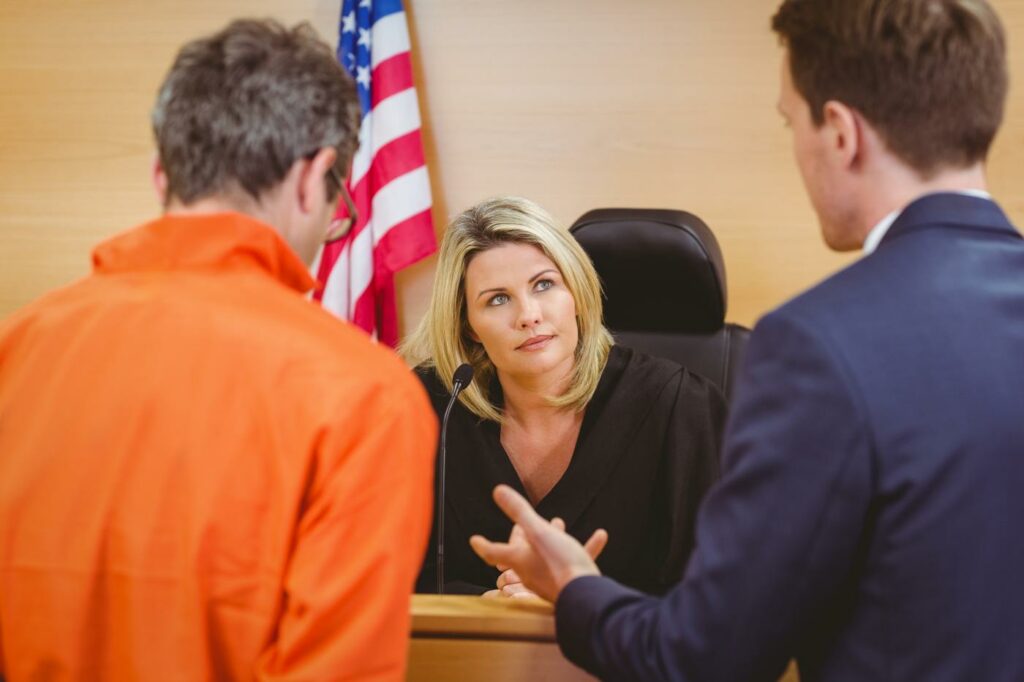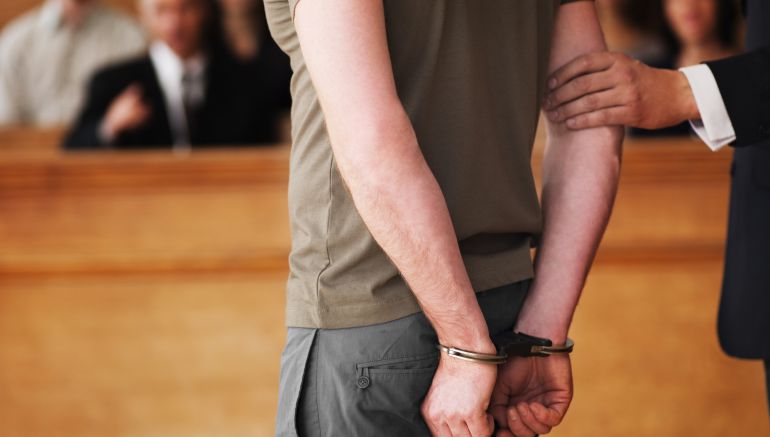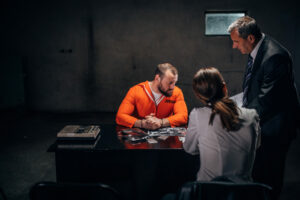Have you been accused of something you didn’t do? Maybe it was a complete misunderstanding or perhaps it is an outright lie. Either way, it is difficult to defend yourself. Why? The legal system can be quite complex, especially if you’ve been falsely accused of something. If you don’t defend yourself well, you could end up facing serious consequences whether it is a monetary suit for damages or a criminal charge that could land you in jail. You do have the right to defend yourself, but it isn’t easy. Unfortunately, it can be emotionally devastating to go through the legal process even if you do win your court case. Although hiring an attorney is the best solution, it can be expensive upfront and not always immediately affordable. To help you do the best you can, continue reading for tips!
What is a False Accusation?
A false accusation is when someone makes a claim against you or accuses you of doing something you didn’t do and of which they don’t have evidence. Did you know that there are different types of false accusations or false claims? They may be completely fabricated or entirely false. They could be based on a true event but blamed on you – the wrong person. Or a combination of truth and lies. Whatever the case may be, there are three main things to remember: stay calm,

Stay Calm
First things first – remain calm. Getting overly upset will not help you. It is completely understandable to BE upset, but you must reign those feelings in and calm yourself. You can’t think clearly or develop a plan when you’re overcome with emotions like anger, despair, or even guilt. It’s easy to think, did I do something to create this situation or allow this to happen to me? Humans are emotional creatures and we often react in ways that can cause others to view us in a negative light. Anger can make you come across as obstinate, which could then be translated into defiance. Until you can fully compose yourself, it’s best to remain silent, rather than risk something being used against you in court – especially taken out of context.
Follow the Legal Process
The legal process has been developed over hundreds of years, with modifications made as the world has changed. Overall, the process is designed to be fair, although it may not always seem like it – and sometimes it isn’t. Often, however, the reason the legal process may not seem fair is that the general public simply doesn’t understand how it works. When the law enforcement and court staff give you instructions, do your best to follow them. Remember that most people are simply doing their job and do not have a personal stake in your case. It can be hard to remain objective when it is your own personal case. Again, this is another reason why it is best to hire an attorney – they can be objective for you. Do not contact the other party – online, in person, or by any other method. Finally, it is rare that a court case can be completed in a day. It takes time – your case is one of hundreds or thousands, depending on the size of the municipality, county, or state court you’re working with.

Defending Yourself in the Courtroom
It is very important to remember that when you defend yourself, you are acting as your own attorney. When you do so, you are responsible for understanding the law, gathering and presenting evidence, drafting or completing legal paperwork, and implementing the evidence code in the courtroom. This means that you will be responsible for correctly submitting and entering evidence during court, understanding objections and the court’s rulings, and other important in-court procedures. You are also responsible for understanding all deadlines and ensuring those are complied with or important evidence may not be allowed in during a trial.
Gathering Evidence
To prove your case, you must present evidence. Two people walking into a courtroom with their different versions of the story isn’t particularly helpful to the court. Witnesses to the actual event or that can corroborate your alibi to prove you weren’t where the accuser says you were are helpful. Many courts do not allow written letters or affidavits from witnesses, but require that they appear in person to testify. Physical evidence is often even better – pictures, videos, and documents. Be sure to have physical copies available or the court may have to take your device as evidence. Write down notes to help keep you on track during your trial. Jot down potential questions to ask your witnesses or those for the other party.

Although hiring an experienced attorney is best, sometimes when unexpected situations come up – like a false accusation- it may not be possible to come up with a retainer fee. Remain calm, don’t say too much, and gather your evidence.









